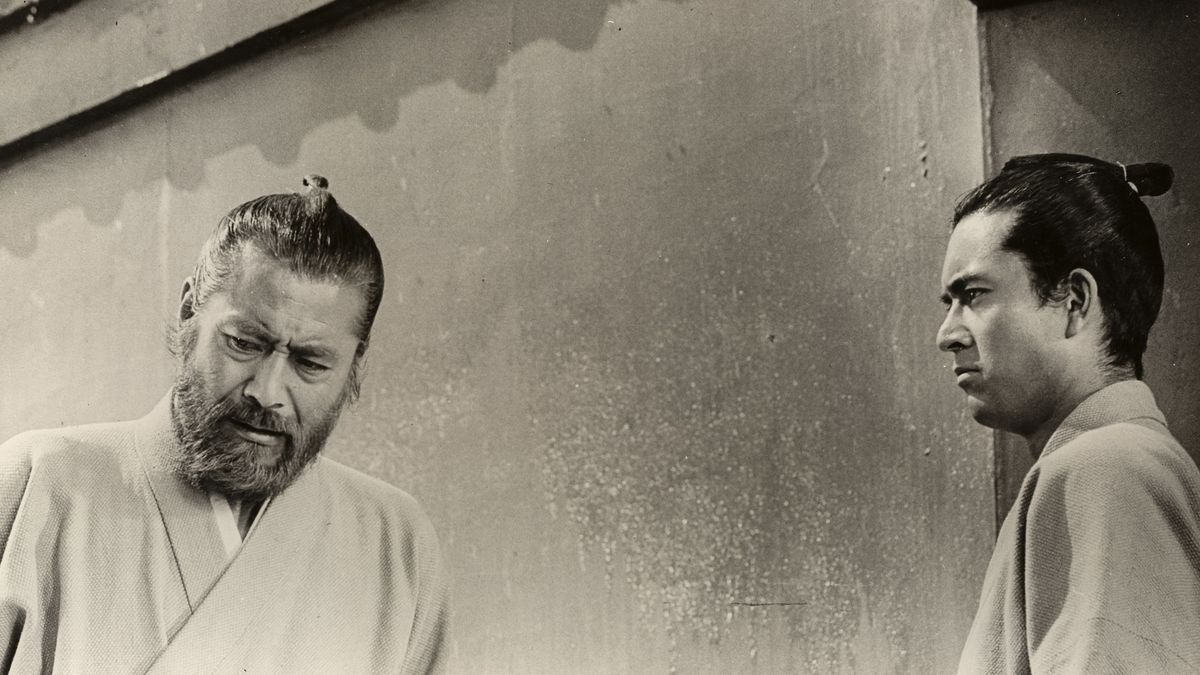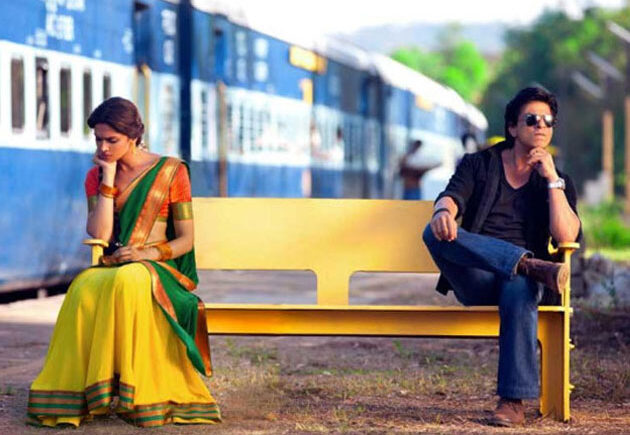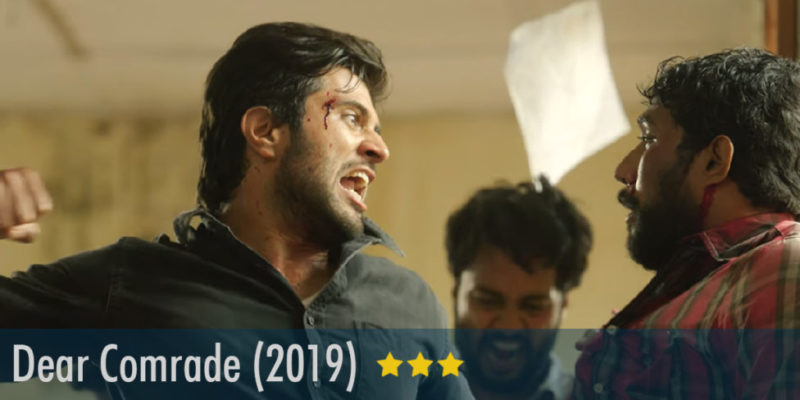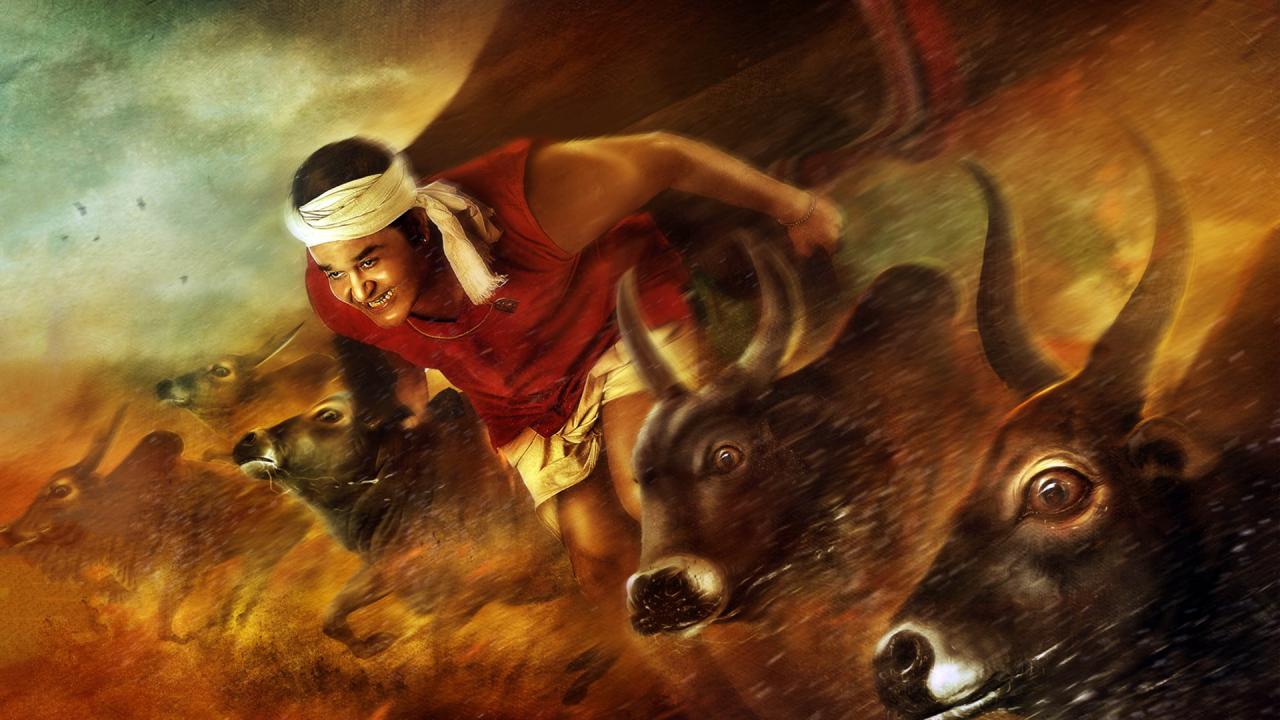The sound of the first notes of music at the start the film, instantly transported me into a dreamlike state, there is such beauty in that main title theme, such goodness. It is elegantly composed by Masaru Sato, and it sets the right mood for what is to come. “Red Beard” is a masterful film, composed unlike any other film I’ve ever seen. Kurosawa develops his characters and place with care, without rushing, and the result is a film that truly creates it’s own space, that often doesn’t feel like a movie but rather like an observation on life itself.
“Red Beard” is also a turning point in Kurosawa’s history, signaling a lot of lasts. This would be the last time Kurosawa is to work with Toshiro Mifune, after a long volatile relationship that is speculated to have ended after Kurosawa’s remarks about using non-professional actors for the film “Tora! Tora! Tora!” , among other things I assume. It is also Kurosawa’s last black and white film, from here on he would experiment with vibrant colors, like in “Dodes’Ka-Den” and “Dreams”. Most importantly, Kurosawa from this point on would choose to delve more deeply into darker themes, focusing more on flawed and corrupt humans, like in “Ran” and “Rhapsody In August”, rather than good people like in Red Beard or the man in “Ikiru”.
When it was released in 1965, it was a commercial and critical success in Japan but over in the West, it wasn’t as highly regarded with many Western critics complaining of the 3 hour run-time and slow pace. In my opinion, the deliberate pace of the film was intentional because I don’t think we are watching a story being told, where things happen one after another, but instead we are watching life happen, where things develop slowly over time. This also adds to the believability of the change brought on to many of the characters in the film, for example; it takes about half the film’s length just for the main character to come to putting on the clinic uniform, after vehemently refusing to do so, but when he finally does you understand what lead him to do so, and can see the great change that has been brought into him. It works because time was taken to allow the character to come to this point.
I don’t really have any criticism for this film, if anything there are certain parts that didn’t work as well for me as the others. Namely, I didn’t care much for the subplot of Sahachi, I had trouble connecting with the character and his storyline, maybe I would have liked it better if his backstory was simply narrated rather than having it flashback. But it is a subplot that adds a lot of depth to the story, and maybe I’ll respond differently to it with age.
Nevertheless, even after more than 50 years now, this film’s message of healing yourself by healing others is still relevant. Many people back then, and even now, may view this message as childish and unsophisticated but I see nothing wrong with it. I agree that it may be a generic message but when such a message is conveyed with a depth of humanity and complexity as on display in this film, it doesn’t feel generic or unsophisticated but rather like a universal truth that has been hidden for so long. Furthermore, there is so much more to the film than just that, you need to experience the film yourself to find out.
What surprises me is that more people don’t talk about “Red Beard”, it certainly ranks with Kurosawa’s best, his visual command in this film is astonishing and meticulos. Into mind comes the magical well scene, where the camera slowly pans down into the water in a well, eventually coming to a stop at the reflection of those at the top of the well looking down, perfectly centered without a camera in view, then suddenly a teardrop falls down into the water, past the camera, and ripples the image. I have no idea how this was done, and nobody else on the internet seems to have figured out a justifiable way that it was done either. It just goes to show you the amount of thought that was put into a film that on a narrative level may be basic.
I came to know of the film, like many other great films, through Roger Ebert , who recommended medical students to watch the move. I am a pre-medical student who will hopefully go on to be a medical student, and watching this film I realized how there is a great deal more to medicine that I thought there was, how there is a great story behind every patient that is just as important as the diagnosis or the treatment. As Red Beard says in the movie, doctors do not cure illnesses, we just prolong death from happening. Life really puts a beating on people and sometimes just listening to someone’s story is the greatest alleviation to their pain that you can give them.




